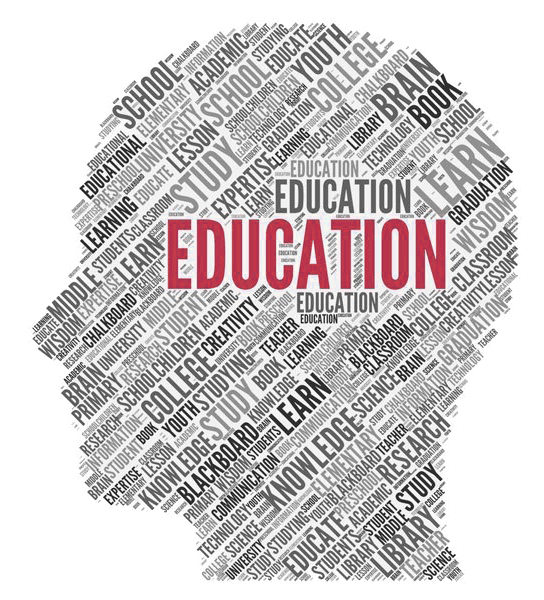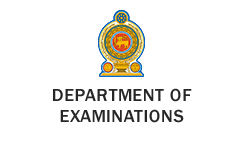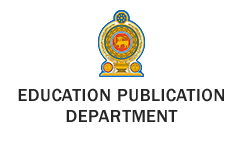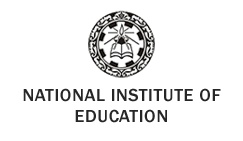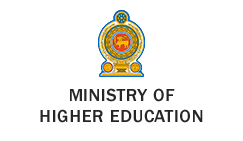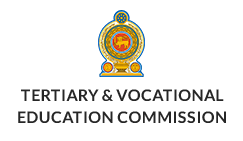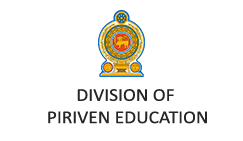Ministry of Education Overview
Sri Lanka is an island in the Indian Ocean, situated to the south of the Indian subcontinent with a land area of 65 000 km2, lying a few degrees north of the equator. It has a tropical climate. With nature’s gifts of rain and fertile soil, the principal means of livelihood of the people from the dawn of history has been agriculture.
The proximity to the Indian subcontinent created close affinities between Sri Lanka and India. The original settlers were immigrants from India spreading principal religions (Buddhism and Hinduism) in the country. The ancient culture, language, art, architecture, technology, and social customs were of Indian origin. Political developments in India, too, had their repercussions. The islandwas subjected to frequent invasion from South India.
However, Sri Lanka developed a culture of its own, with a distinct identity. Buddhism, which originated in India, remains the principal religion in Sri Lanka. Similarly, the language and other cultural aspects have developed their own distinguishing characteristics. The strategic location on the main sea routes resulted in travelers visiting this country in the past. The Greek and Arab merchant sailors described the island as Taprobane, Serendib, Ceilao, and finally Ceylon. The present name, Sri Lanka, is used with the promulgation of the Republican constitution in 1972. The European explorers conquered the island in the sixteenth century and ruled for four-and-a-half centuries.
Sri Lanka gained independence from the British in 1948. After independence, the country was governed by a democratically elected, Westminster type of government. In 1972, it became a Republic, and, in l978, an executive presidency model was adopted. At the center, there is the Legislature, the Parliament, and the Executive President, but power is substantially devolved to elected provincial councils, and the local government system assures people’s participation in managing their local affairs.



